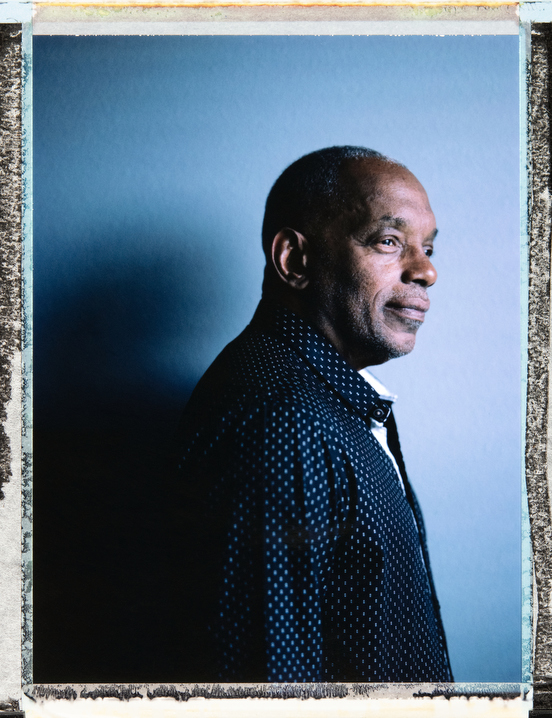
Michael/
United States
“My journey started with fear and others knowing my attraction was for boys, trying to change, trying to fit, ran away unable to accept who I was”
READ THE STORYDespite gains made in many parts of the world, lesbian, gay, bisexual, transgender, and intersex (LGBTI) people are, in some regions, increasingly persecuted and denied basic human rights. Because bigotry thrives where we are silenced by fear, we've created this space for people to share stories of discrimination and survival. Read these stories, share them, and contribute your own. Let the world know that we will not be silent.

“My journey started with fear and others knowing my attraction was for boys, trying to change, trying to fit, ran away unable to accept who I was”
READ THE STORY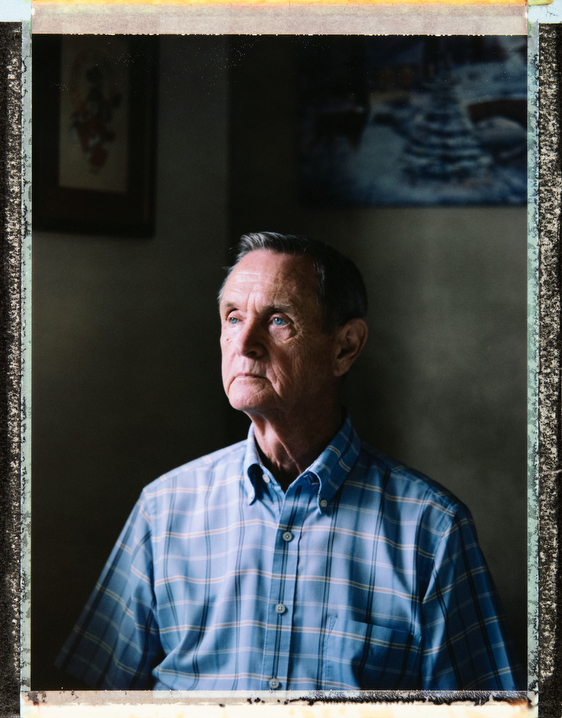
“Since I had already experimented and enjoyed teenage sexual excursions with other boys, I knew that she was talking to me, and that was enough to put me in the closet.”
READ THE STORY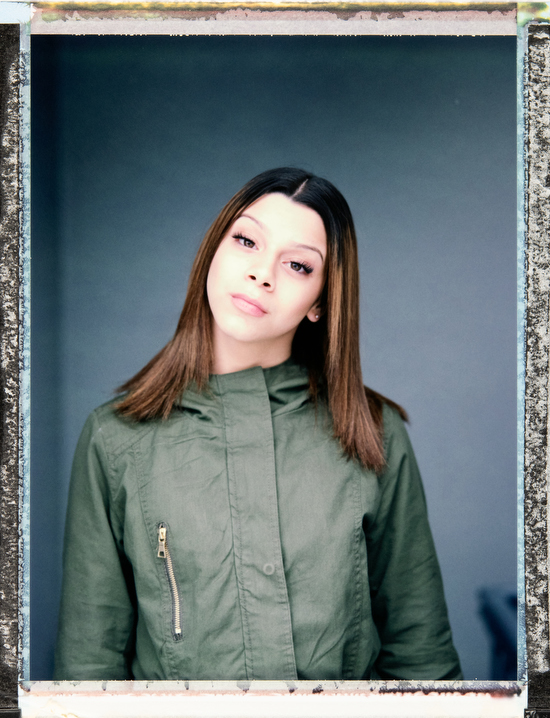
“Now I am FREE, FREE TO BE MYSELF. I AM HAPPY!”
READ THE STORY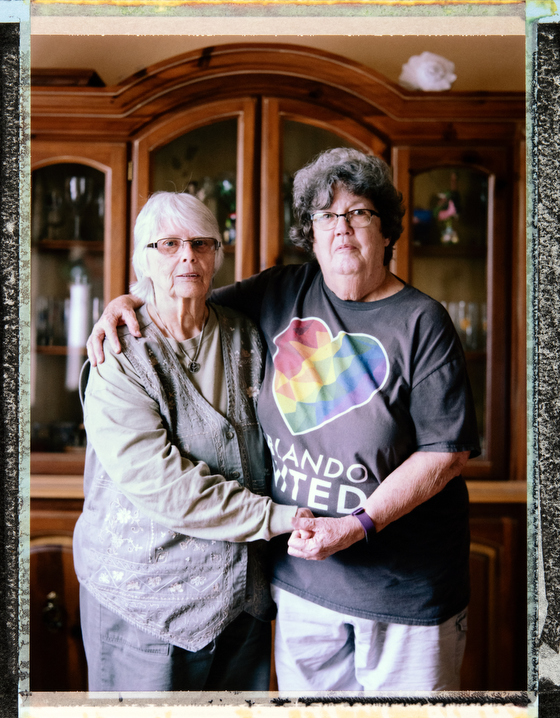
“The homophobic behaviors I have experienced in my life have been subtle and over, intentional and unintentional”
READ THE STORY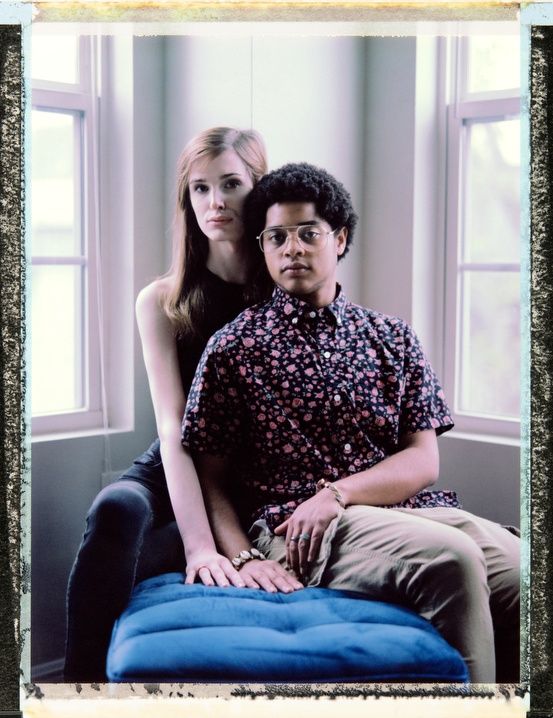
“Growing up in rural Louisiana is unlike everything in the world – beauty beyond what I can describe. But the culture surrounding me was much different.”
READ THE STORY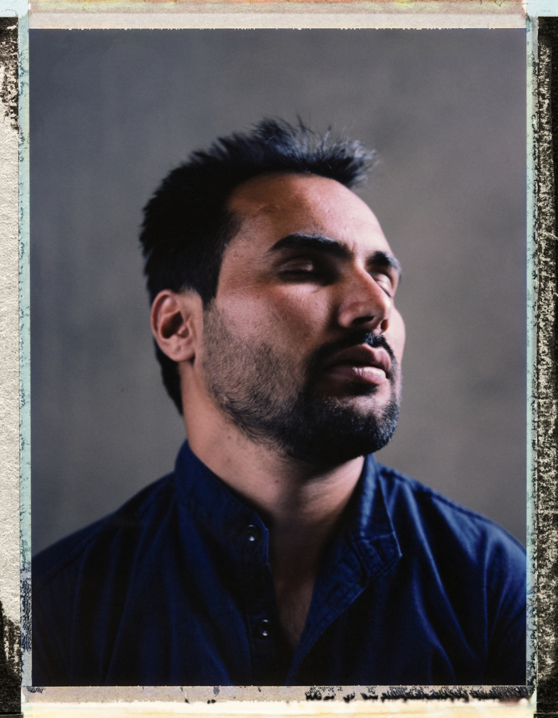
In many places the ‘I’ is kept separate from LGBTI. But within the I—the same way man and women can have different sexual orientation and gender identity—its the same with an Intersex person.
READ THE STORY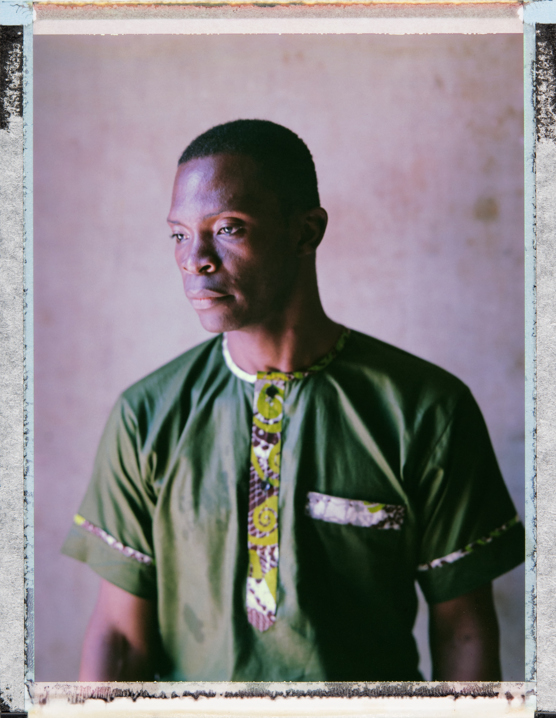
“My junior brothers and my parents do suspect me, but I always find a way to educate them on my sexual life. They don’t really feel comfortable, but my Dad and Mum said they love me who I am and accept me the way I am.”
READ THE STORY![23 year old Avelino (sitting) & 25 year old Neston (lying) are a gay couple. Neston’s family did not approve of his homosexuality. Avelino, byt contrast, when he cam out to his mother, she accepted him. Avelino recalls when Neston had a fight with his family, “‘Why don't you come and live with me,” Avelino said, “let's live together in my house’ and he asked ‘Are you serious?’ and, because of what my mother had told me before, I said ‘Yes’.” Avelino’s mother welcomed Neston, but his father did not know about his son’s sexuality at the time: “It was a huge shock when he found out, we had already been going out for about 6 months when he (his father) found out exactly what we meant to each other. It was such a big shock that we spent about 2 days out in the street… The whole family here had a meeting, in a weird way, a big confusion and everyone, brothers, nephews, everyone revolted against my father ‘He is everything, he works hard in school, he works hard in athletics... What difference does it make?’ I still get emotional when I remember that my father sat with us, apologized and asked him [Neston] to live with us.” But not everyone has been so accepting. When a photo of Avelino and Neston kissing was posted on facebook, Avelino, an international track athlete, lost his spot on the team: “They were made aware of my sexual orientation, they stopped summoning me for international competitions… To let go of the Mozambican Athletics Federation in order to live what I am, who we are... I do not regret anything, if I had to go back in time and do something different, I would not do anything different, I would do everything the same.” Maputo, Mozambique. 22 February, 2018. Photo Robin Hammond/Witness Change](https://whereloveisillegal.com/wp-content/uploads/2018/06/LGB20180222P_MOZ_067.jpg)
We are a gay couple, we are a couple together for almost 4 years, like a common couple we have gone through many problems, but love has always spoken louder.
READ THE STORY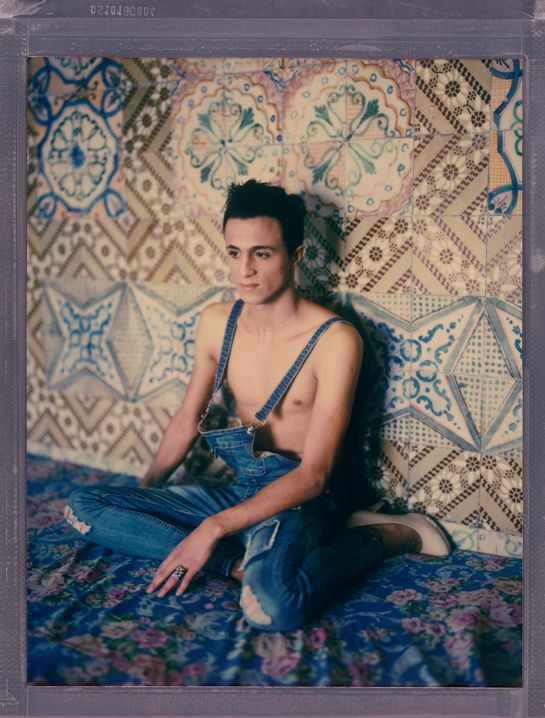
“My family beat me, so I tried to commit suicide several times. One day I fell in love with a boy who lived in Libya, so I joined him there.
I was caught by the libyen police, they wanted to kill me. They beat me and detained me for 7 days.
I had to move back to Tunis and stay away from my love…a piece of me.
He got married, even though he is gay, and it depressed me…”
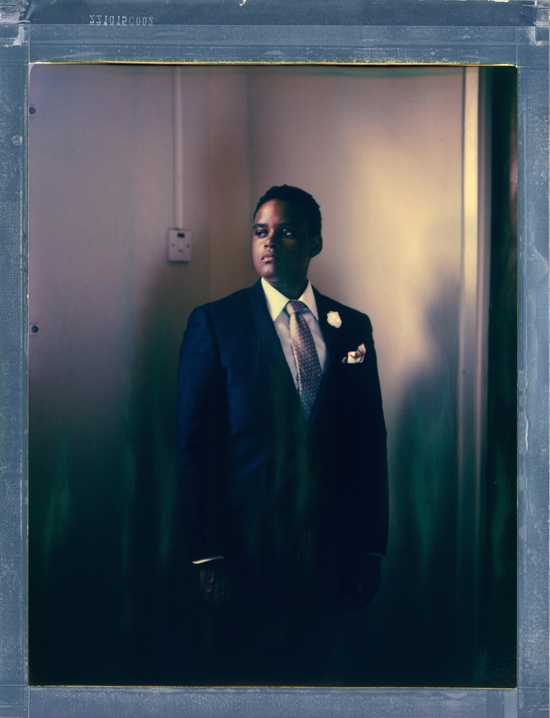
“Every time I introduce myself I am asked what I have come to refer to as the ‘Annoying Inevitable Question’: ‘What does FJ Stand for?’ the selection of a name is a critical part of the transition process of a transgender individual.”
READ THE STORY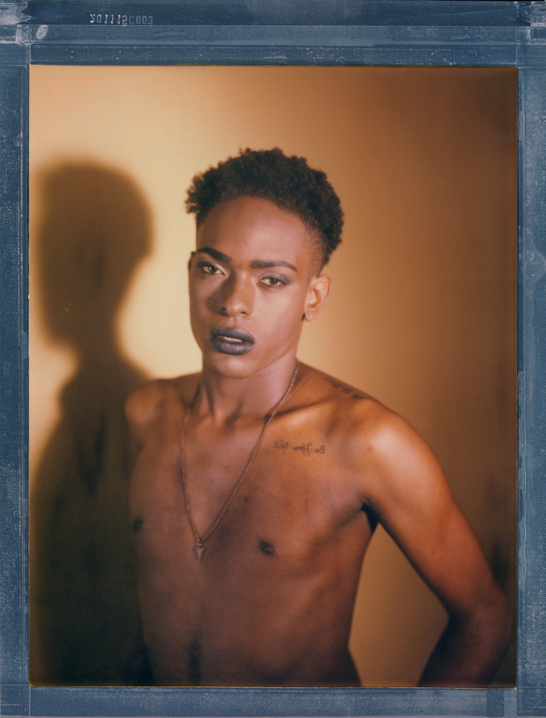
“she told me to be Be-You-Tiful- be you because the real you is beautiful and you’re not here for the approval for anyone so give yourself a break and Be-You-Tiful. These words stuck with me and formed part of me in a literal sense as I had it tattooed on my chest as a reminder to myself every day when I wake up and I am preparing myself for the day ahead. This is the first time I’m speaking so candidly to such a large audience about my gender identity but at this point I really don’t care. I am Jamaican and trans is beautiful and I am beautiful.”
READ THE STORY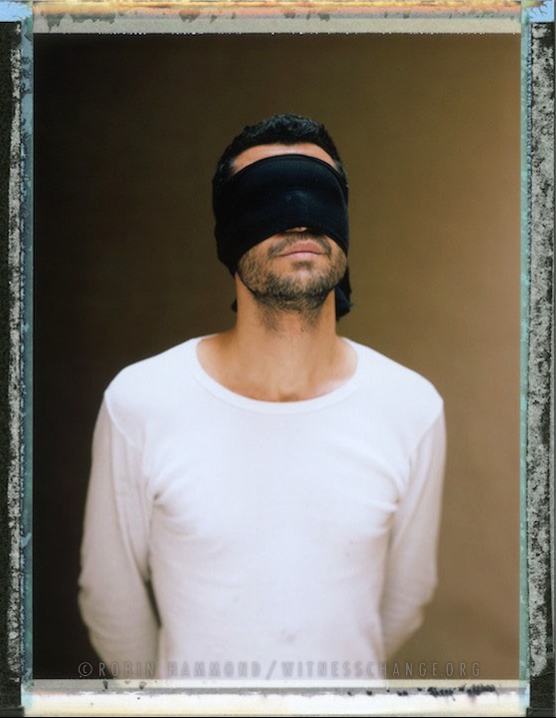
“The crime was that I am homosexual, and the punishment was forty days in jail losing my job, and losing my partner.”
READ THE STORY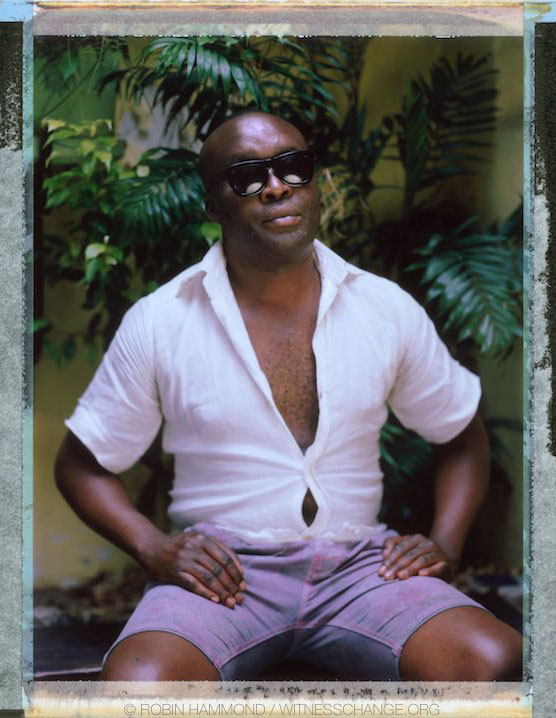
“we Gay the try to kill me first; the time I come to stop theme and is was Killed by 2 Guys from my contry…”
READ THE STORY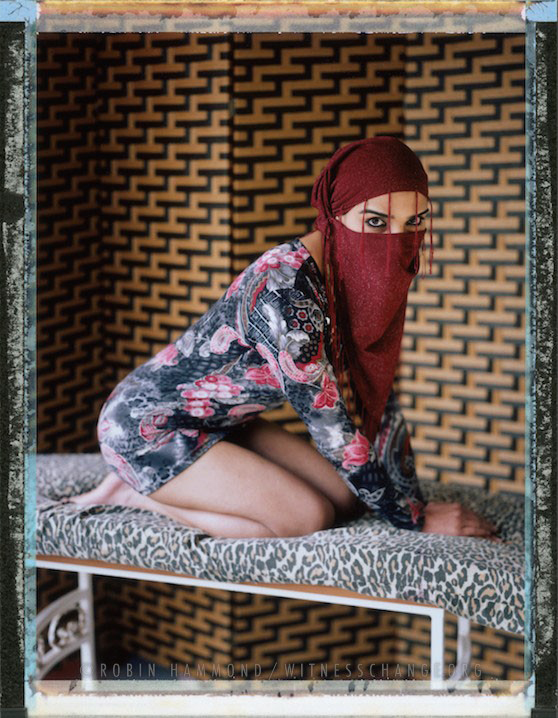
“This is the tradition. I know he will keep trying and if he doesn’t do it with his own hand one of the family members will… but I was born this way and I will die this way!”
READ THE STORY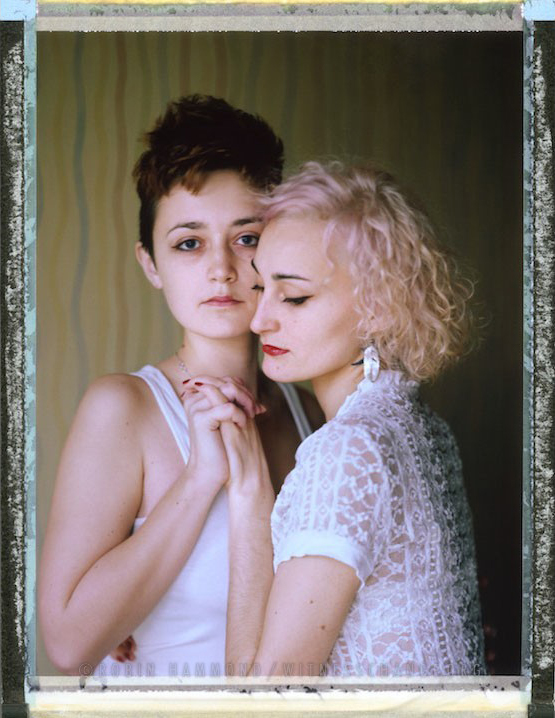
“Hold my hand, this is my reward for your courage.”
READ THE STORY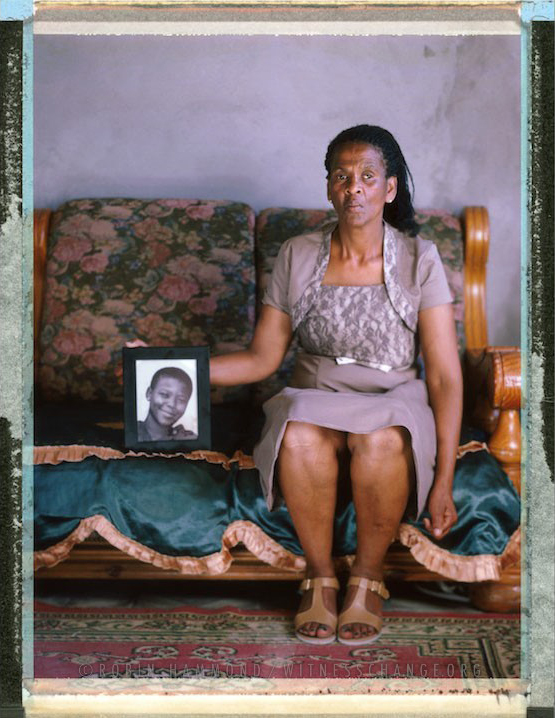
“Even now when I’m on the go, I am always looking out like I will hopefully see Ntsikie.”
READ THE STORY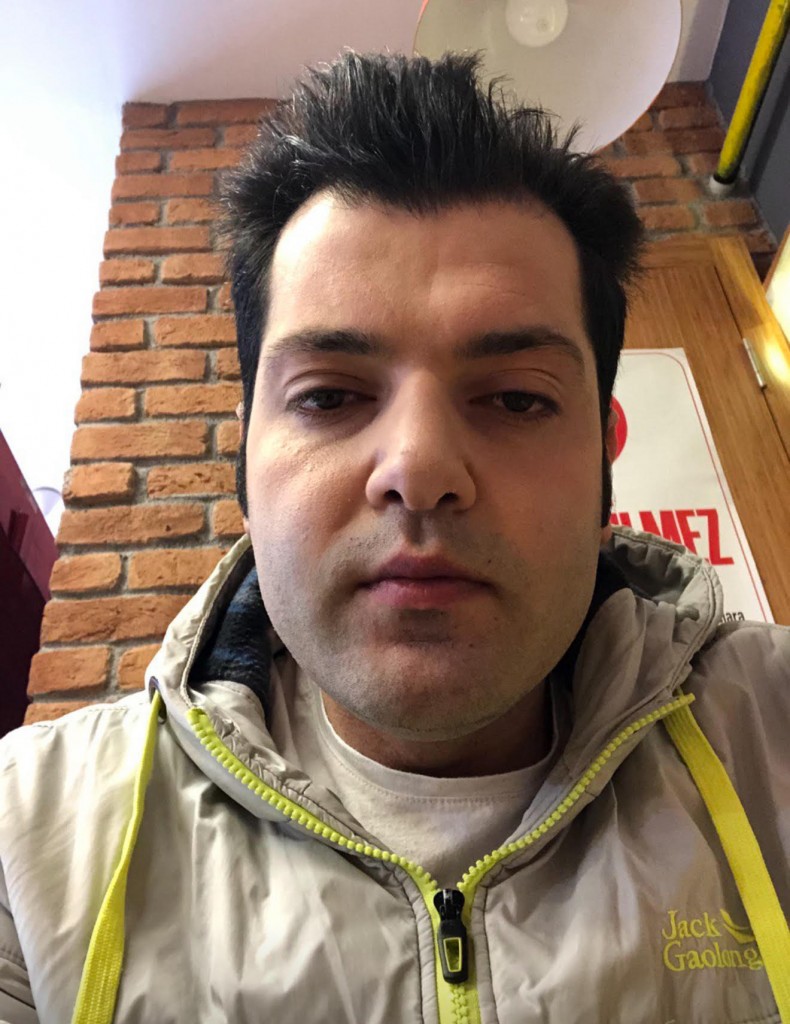
“My dream is to live somewhere safe, where I can be myself and help others who’ve suffered like I have.”
READ THE STORY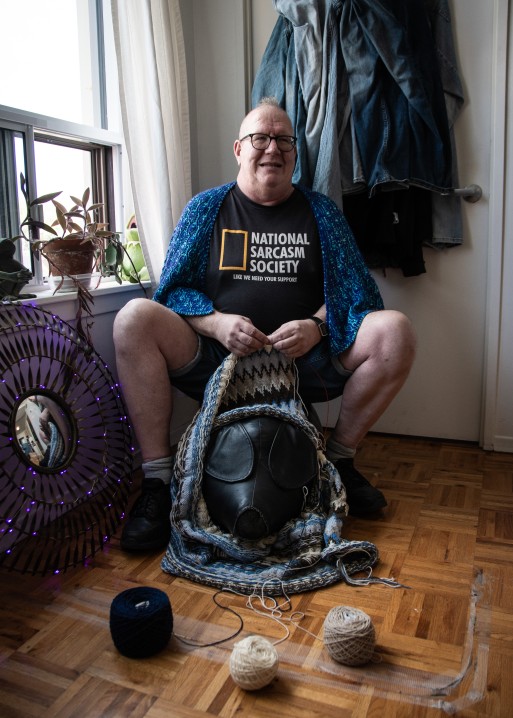
“I had thought I was going to die but I did not because of the meds.”
READ THE STORY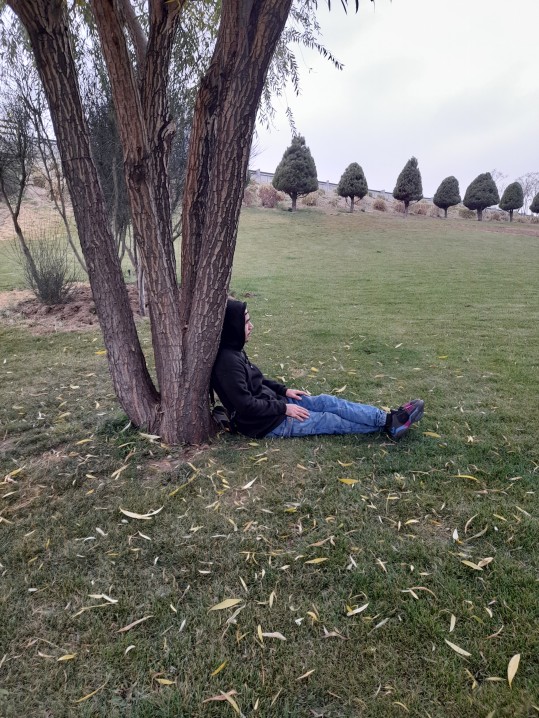
“My greatest fear is if one day we get arrested by Iranian police and deported back, we will be killed by Father before we get killed by the Taliban.”
READ THE STORY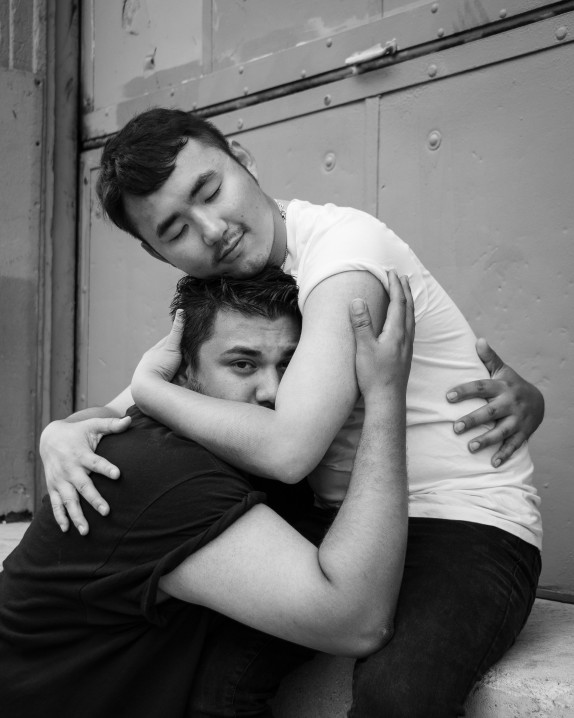
“Living in a country where our relationship isn’t legally acknowledged presents ongoing difficulties.”
READ THE STORY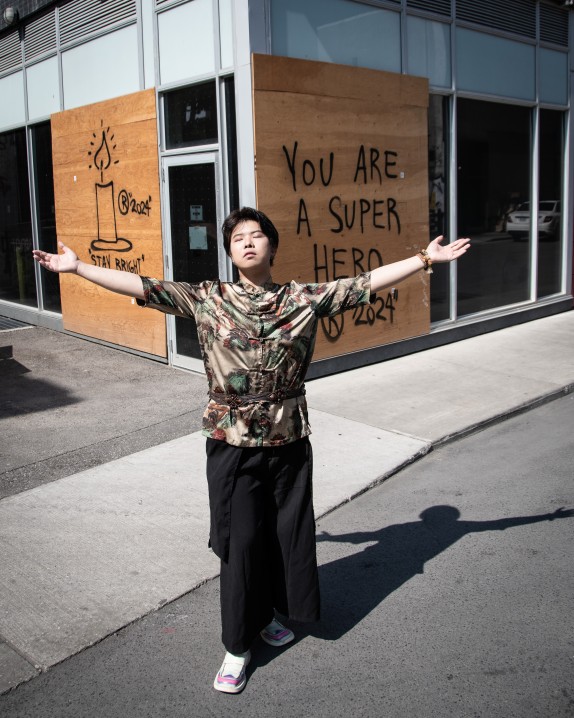
“I feel alienated in the communities I’m part of.”
READ THE STORY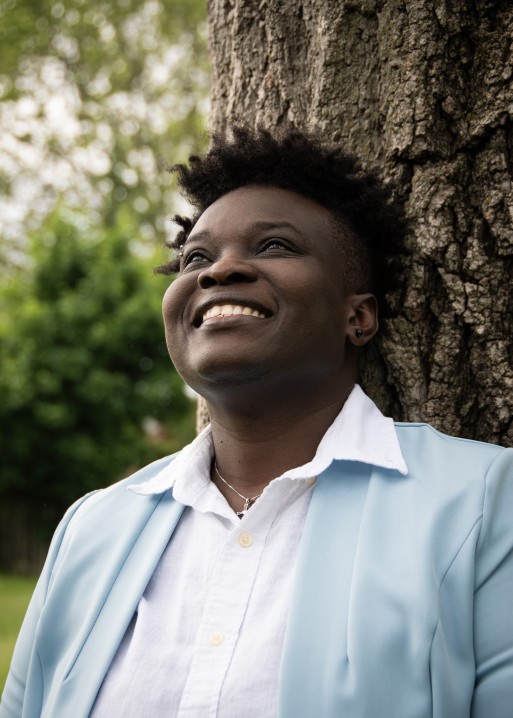
“Growing up in Haiti, I faced judgments and labels due to my gender expression.”
READ THE STORY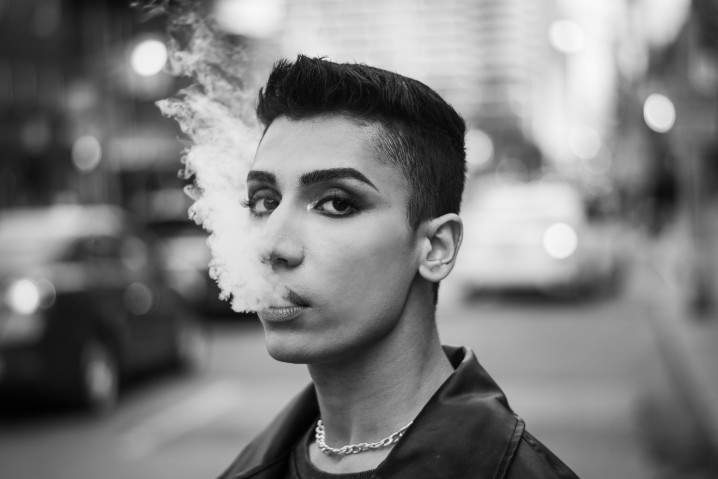
“Constant bullying and harassment made it painfully clear that I was ‘different’.”
READ THE STORY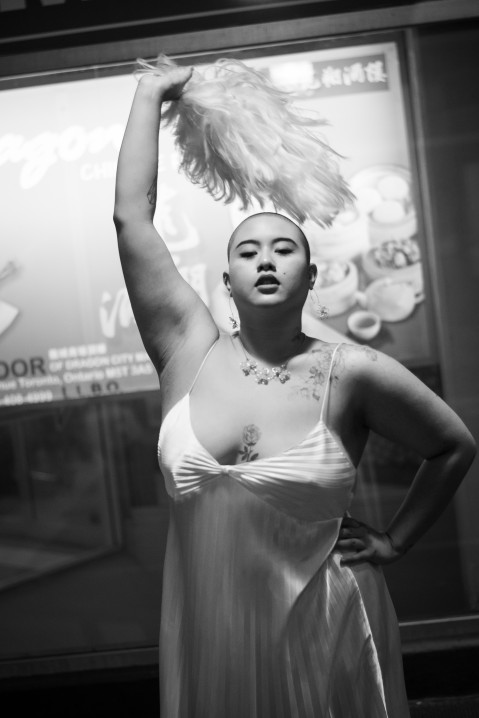
“Embrace the side of yourself that feels shameful or wrong and channel that into your power. You contain multitudes and are much more resilient than you think.”
READ THE STORY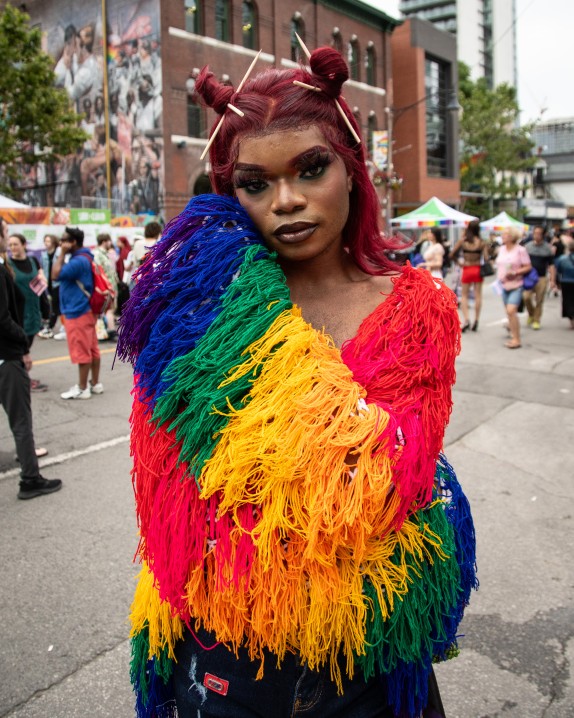
“Last year February 16 I got arrested from my home in Uganda on the reasons of being Queer.”
READ THE STORY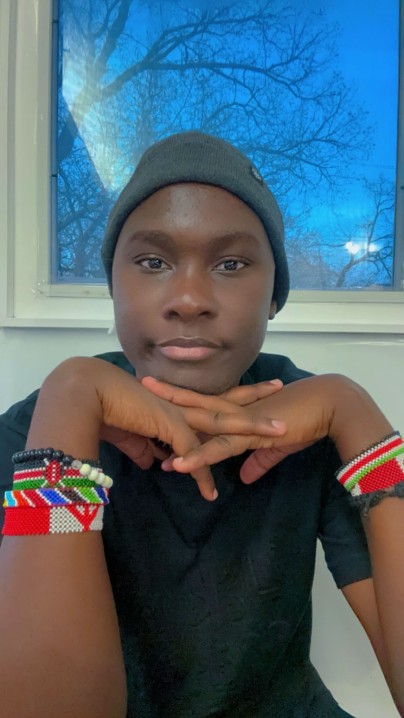
With KNESWO, help Bring Christmas Joy to LGBTQI and Queer Refugees in urban areas and camps this year.
READ THE STORY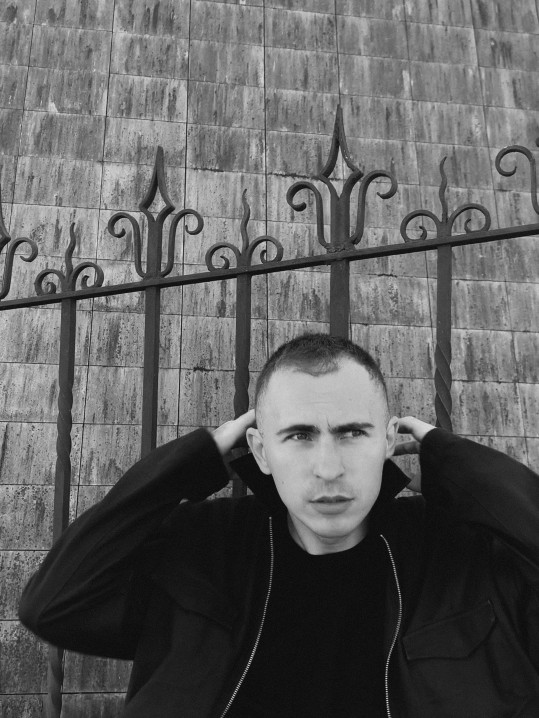
“8 years in prison is what awaits me if I return to Ukraine.”
READ THE STORY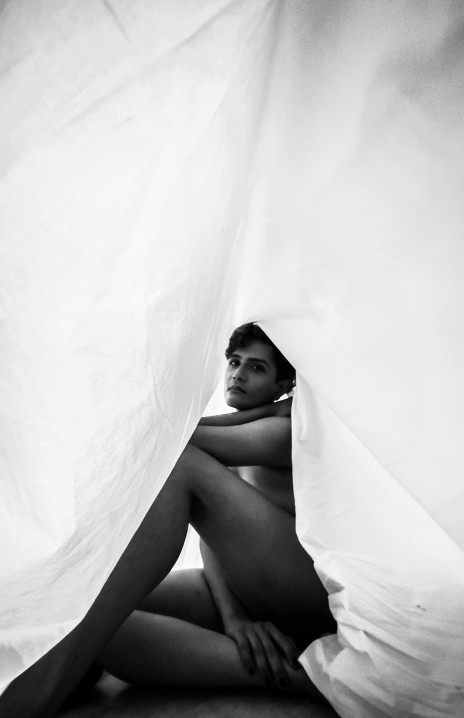
“Staring in the mirror wasn’t always easy for me.”
READ THE STORY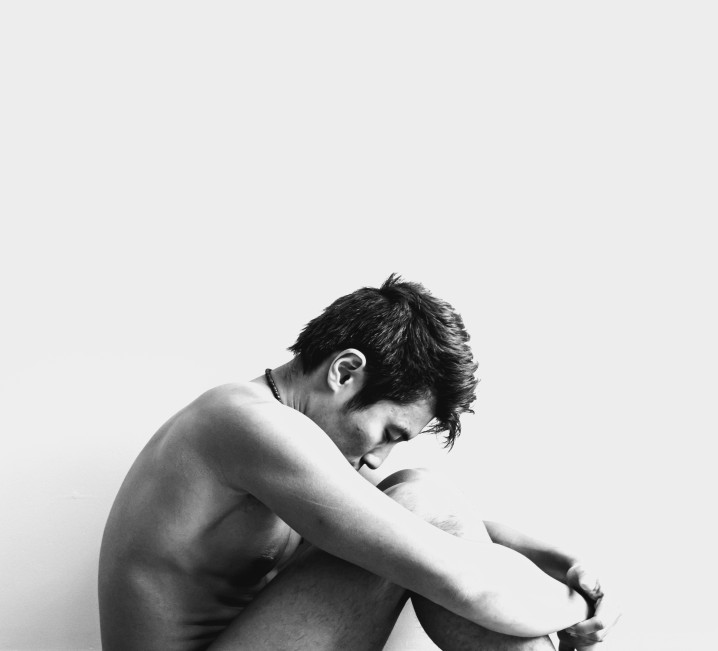
“I am prepared to unfurl my wings and share love, positivity, and inspiration with people across the globe.”
READ THE STORY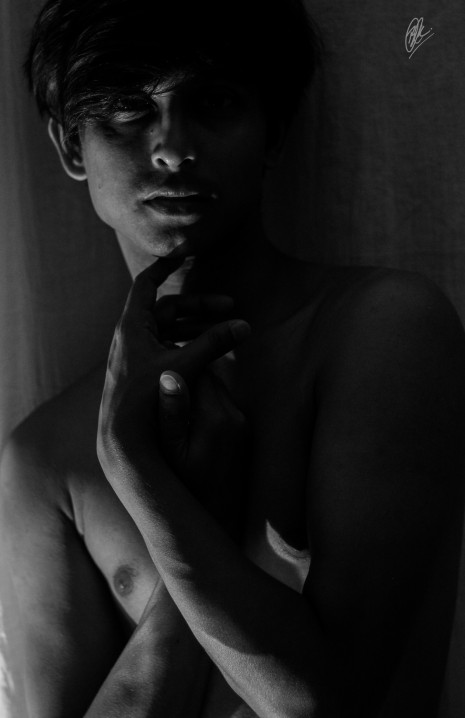
“Being attracted to men was, for me, just another facet of human nature.”
READ THE STORY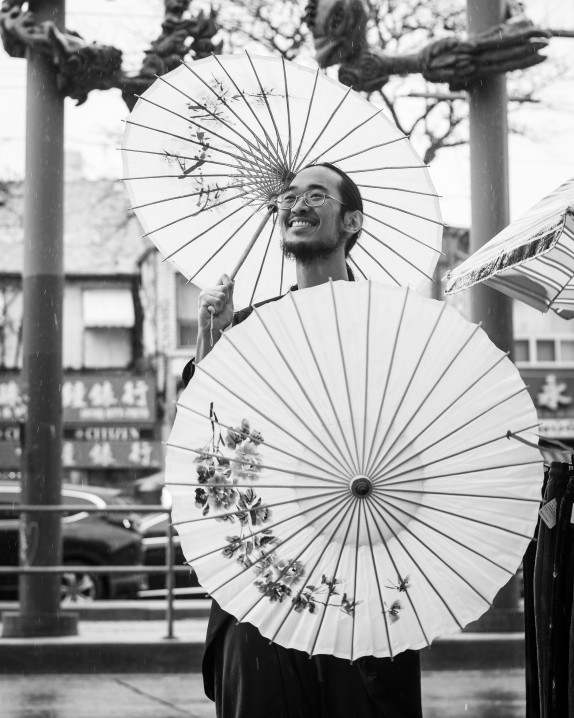
“Queer Asian PHAs, especially newcomers, face the additional barriers such as lack of access to resources in their native language and social isolation.”
READ THE STORY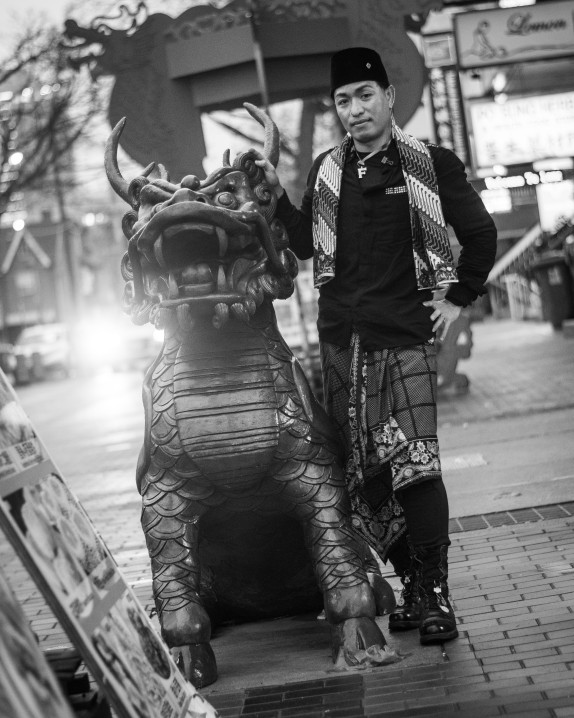
“I was shocked and in denial and scared. I started to think that no one would want to speak to me, that I would lose my job and that I would be completely rejected by society…I started thinking that I was better off dead.”
READ THE STORY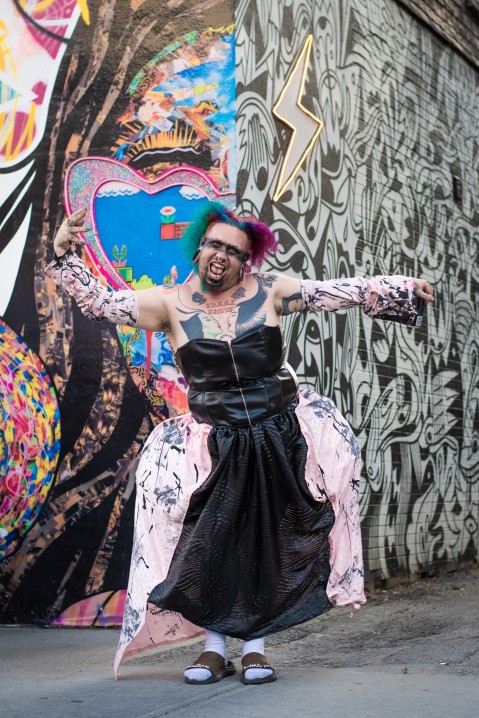
“I try to be the strange I wanna see in this world. I feel I am very lucky to live in a time where I can be so authentically myself.”
READ THE STORY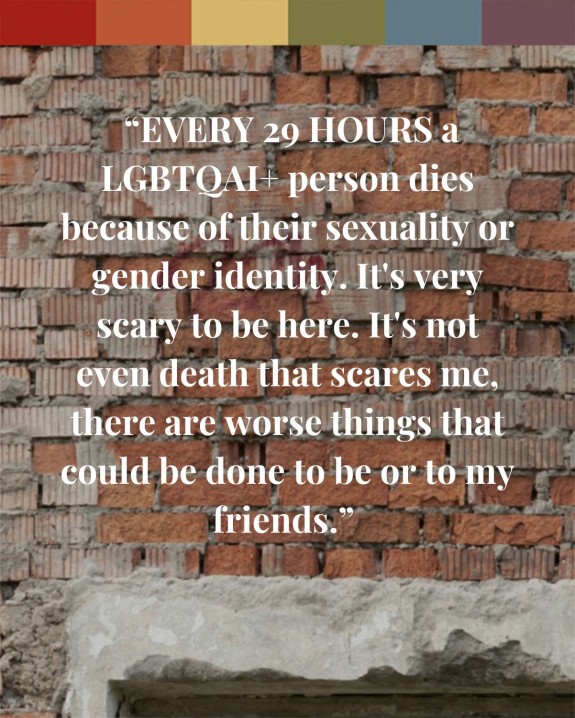
“EVERY 29 HOURS a LGBTQAI+ person dies because of their sexuality or gender identity. It’s very scary to be here.”
READ THE STORY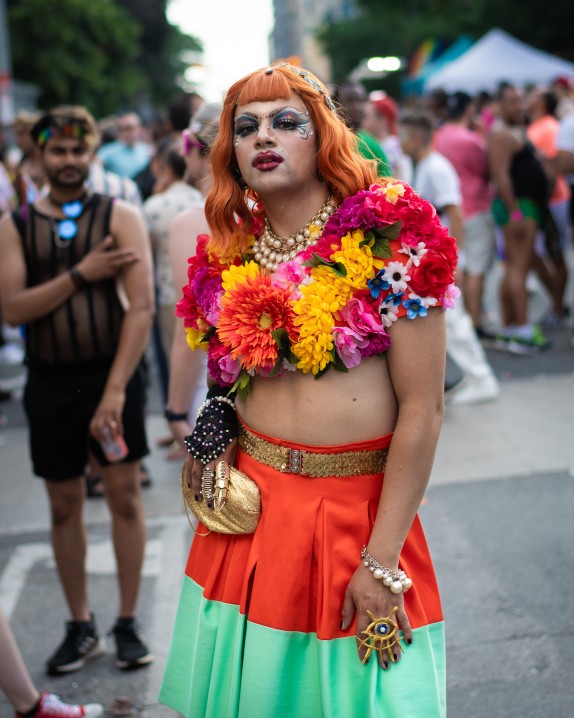
“I almost died in the Beirut Port Explosion, but what it taught me was that life is frail, life is fragile and life is silly.”
READ THE STORY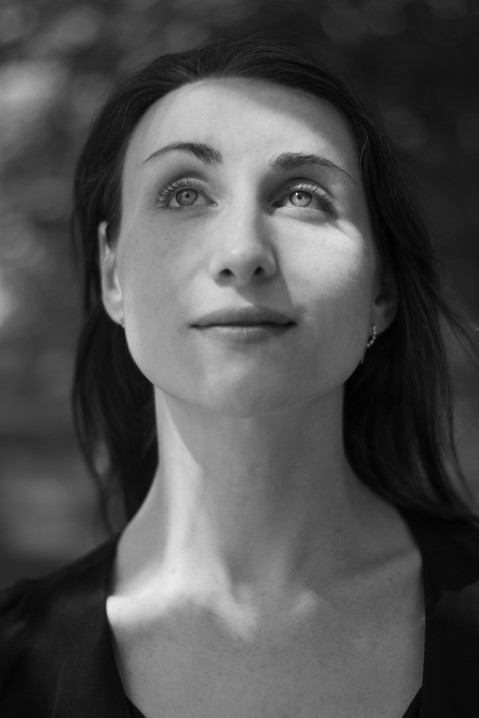
“We can experience ostracism, judgement, hatred violence, and contempt simply for being who we are or for the work we engage in.”
READ THE STORY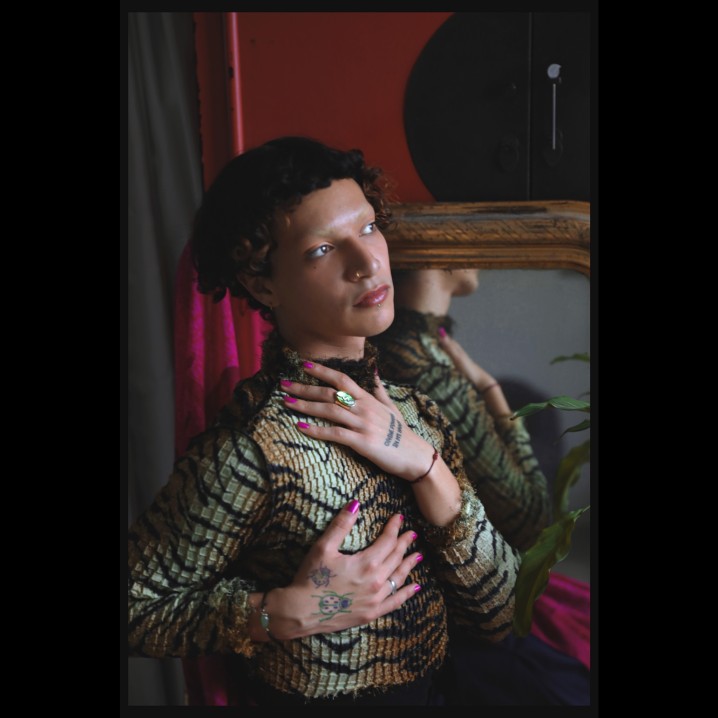
“I felt sexualized, denigrated, reduced to a criminal and an abomination.”
READ THE STORY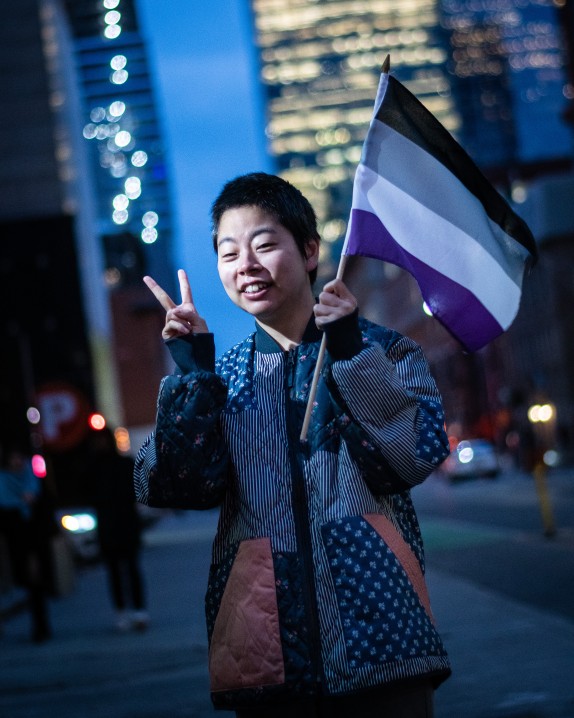
“What was wrong with me? Was I some cold-hearted monster who couldn’t feel love?”
READ THE STORY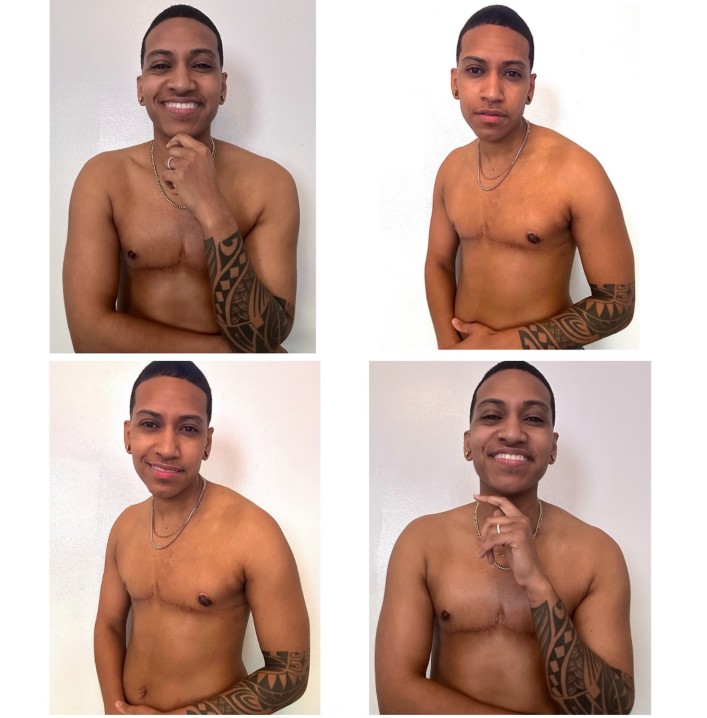
“We are human, you are human. I am merely a mirror of everything you and a human can be. Do not let that anger you, let that free, heal and Inspire you to live authentically as you.”
READ THE STORY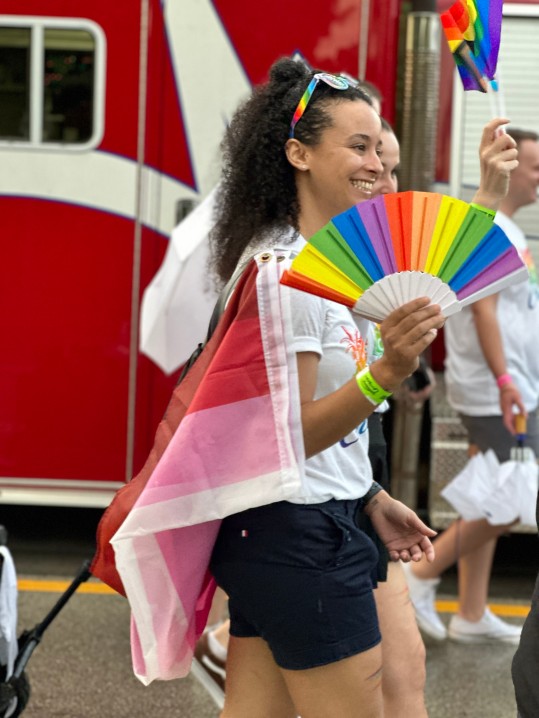
“I felt trapped and horrified. I was scared for her life, my life, and my family”
READ THE STORY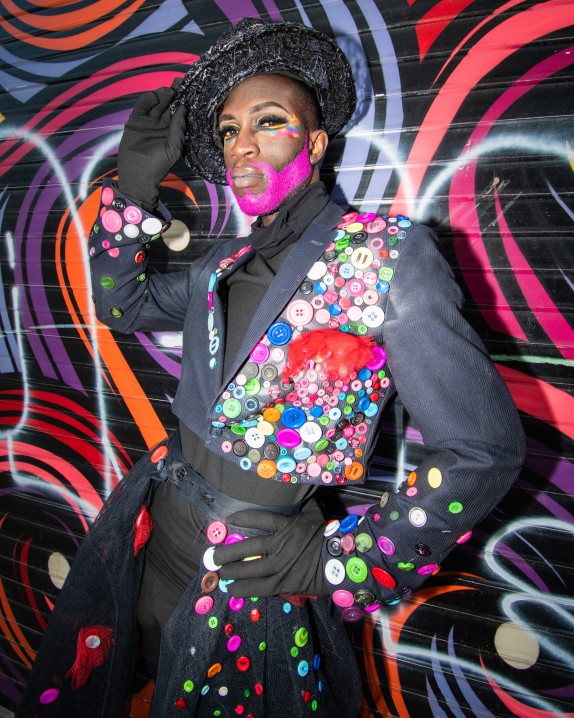
“The Ballroom scene is a place where you can be free,free,free to be you spread your wind and fly high”
READ THE STORY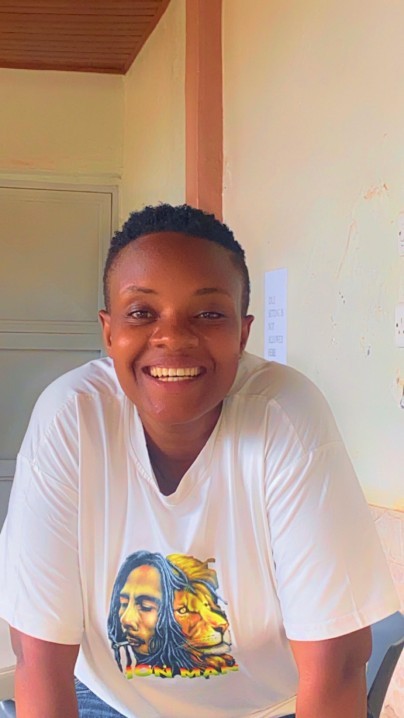
“Time is now, no one will speak for your rights if you don’t speak up”
READ THE STORY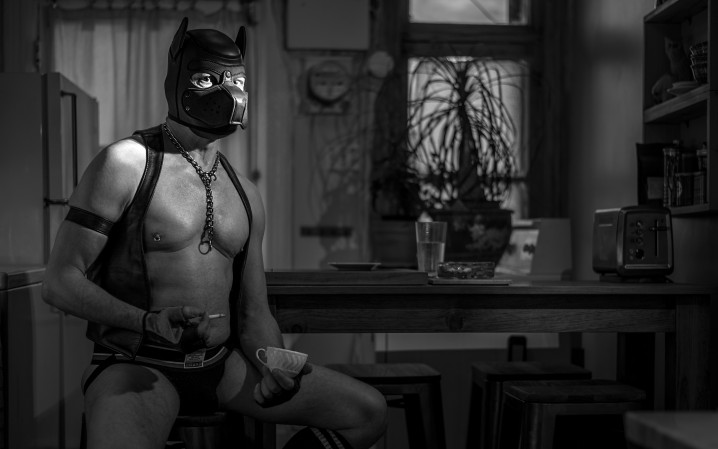
“Curiosity and a taste for play motivated me to overcome my prejudices and apprehensions”
READ THE STORY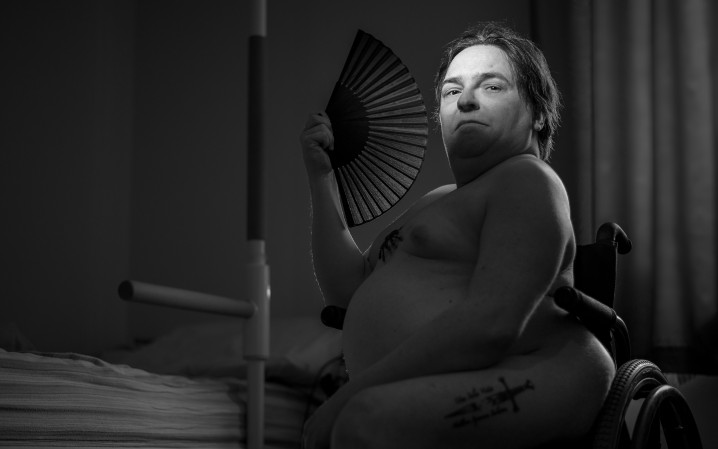
“A veiled body cannot produce a candid heart”
READ THE STORY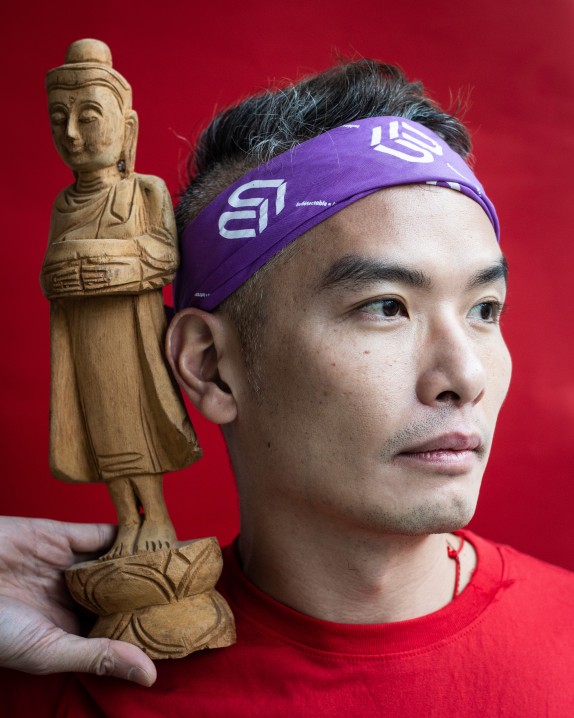
“I wanted my portrait to capture not only who I am, but that it pays homage to the bodhisattvas of the HIV/AIDS response”
READ THE STORY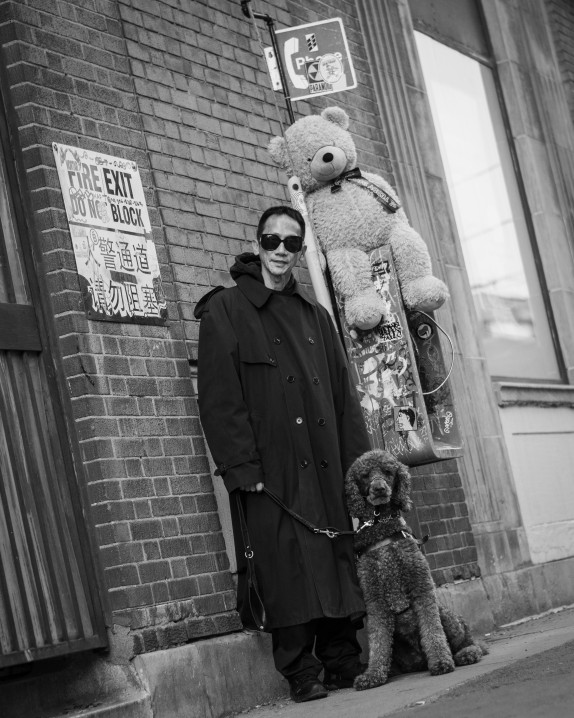
“People living with HIV are here to stay and we are resilient and brave”
READ THE STORY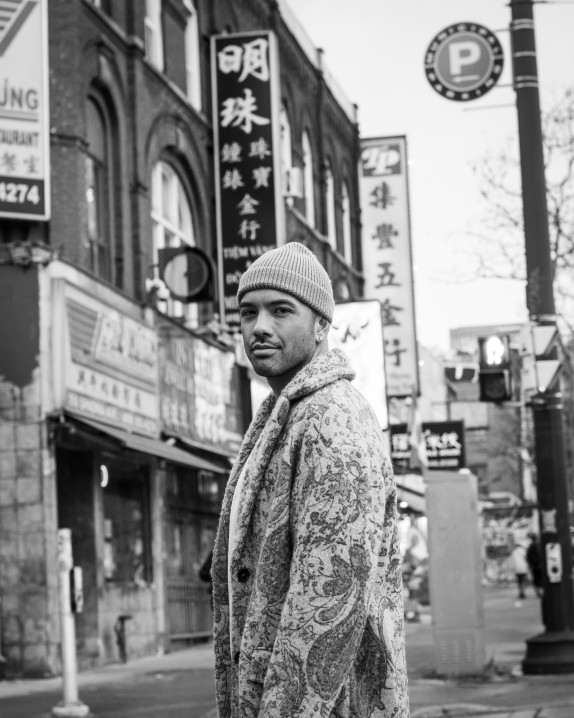
“I am exactly who I was meant to be: a queer, HIV+, Bi-racial human being”
READ THE STORY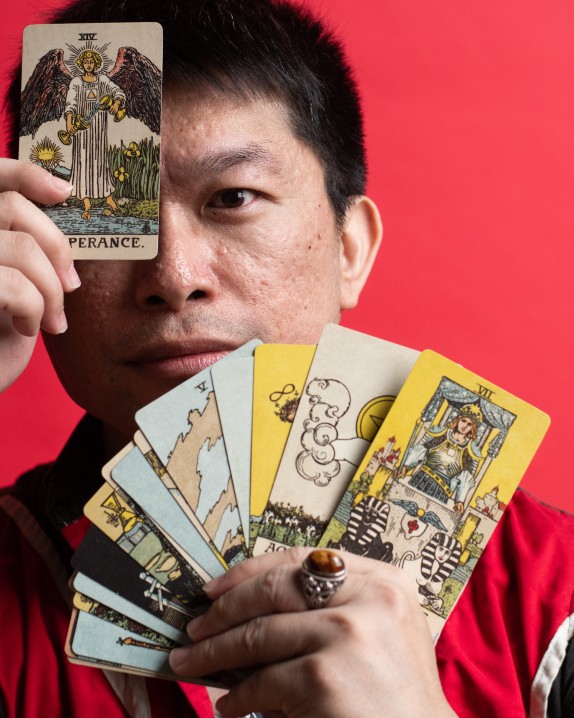
“Being gay with HIV does not really put me to death, but the labels, discrimination, and stigma do!”
READ THE STORY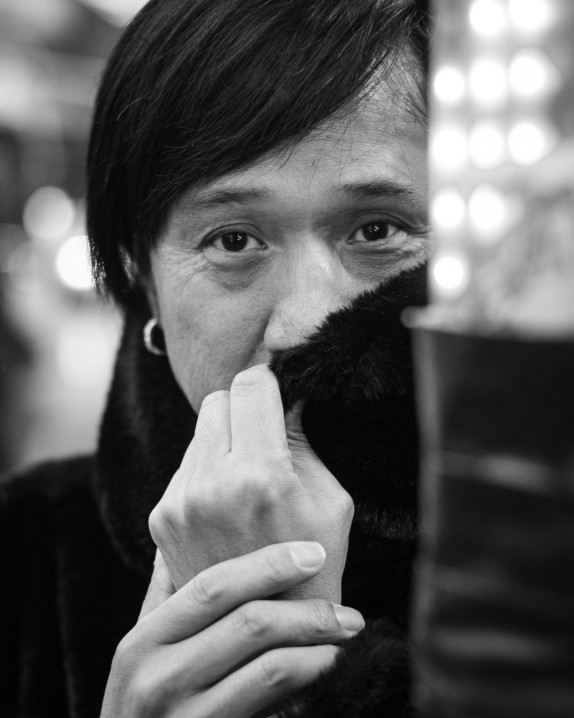
“My experience has been lonely and fearful because of hiding my HIV status from other people.”
READ THE STORY“In the before time
Before everyone was PRePared
We all had to worry”
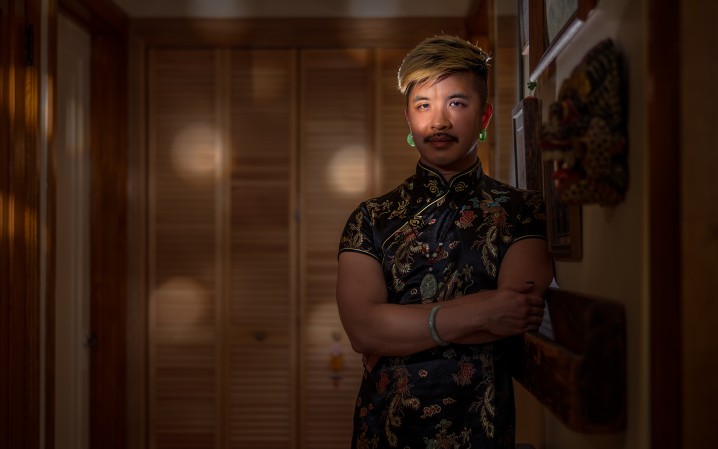
“Queer Asian culture seems to only recently come out of the shadows, and its renaissance is now blossoming like a blooming lotus in muddy waters”
READ THE STORY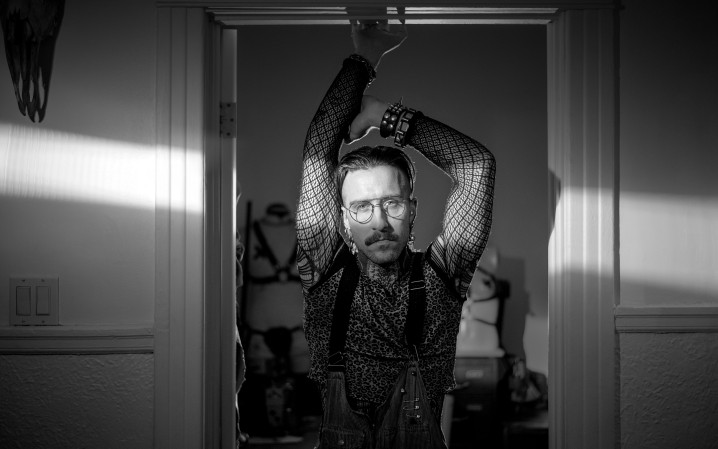
“I want to make objects that transform shame into pride, and pride into beauty”
READ THE STORY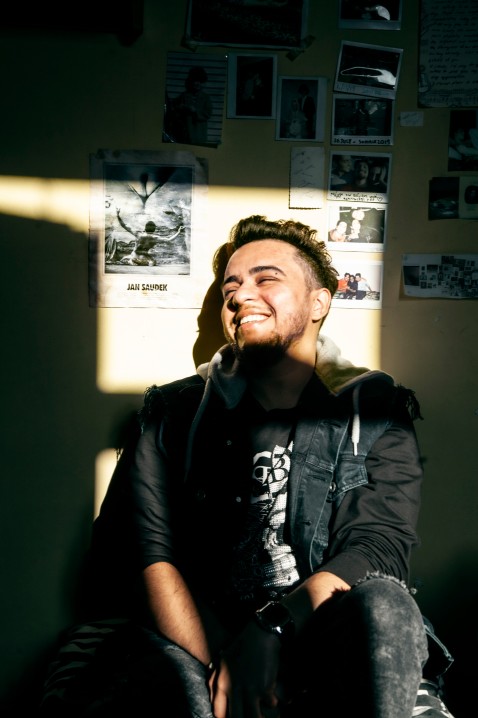
“Jack has always listened to an inner voice urging him to resist and persevere”
READ THE STORY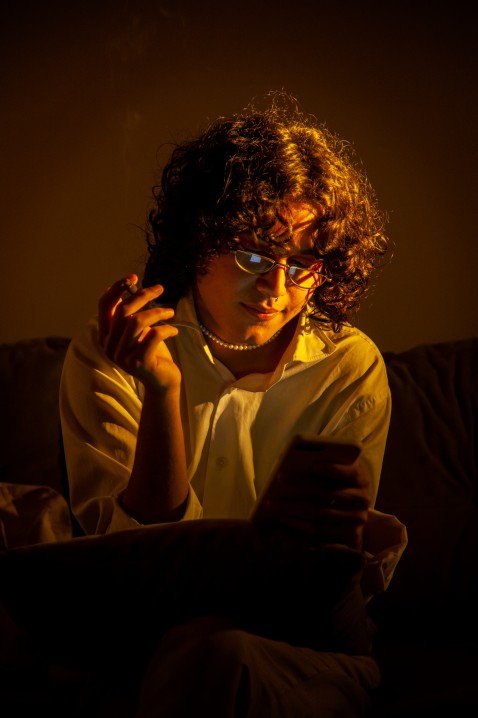
“I am a human being, hereby claiming my fluid essence, my right to be whoever I am and anyone I want to be whenever I wish it.”
READ THE STORY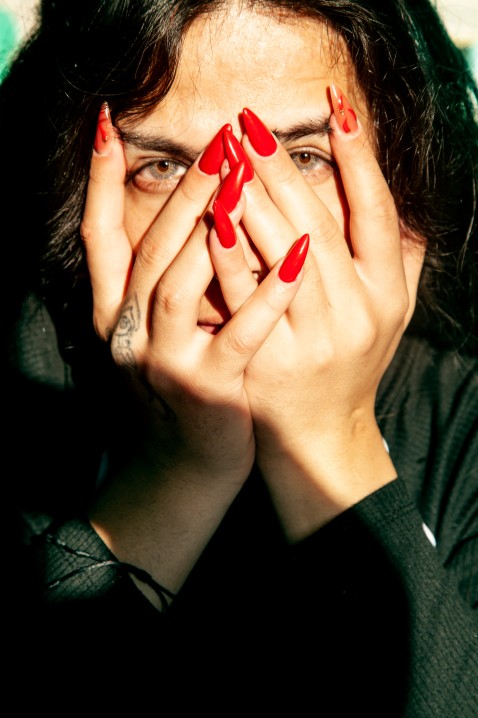
“I dream of feeling safe in my home and on the streets, to live in dignity and enjoy the simple things in life”
READ THE STORY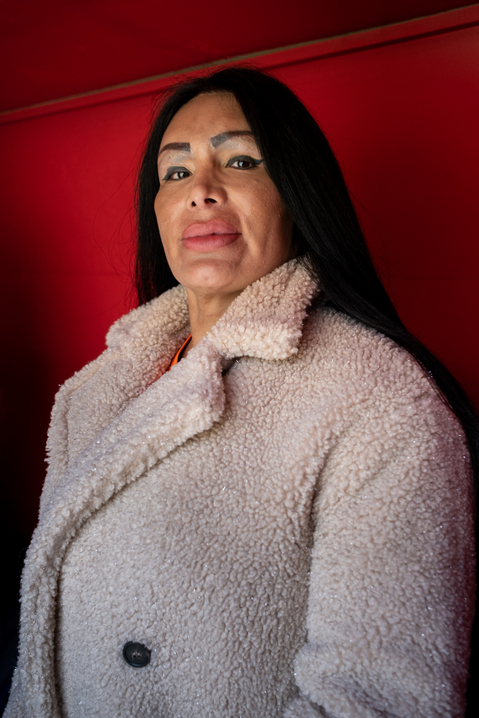
“We don’t become trans, gay… it’s a lie! We are born gay, trans.”
READ THE STORY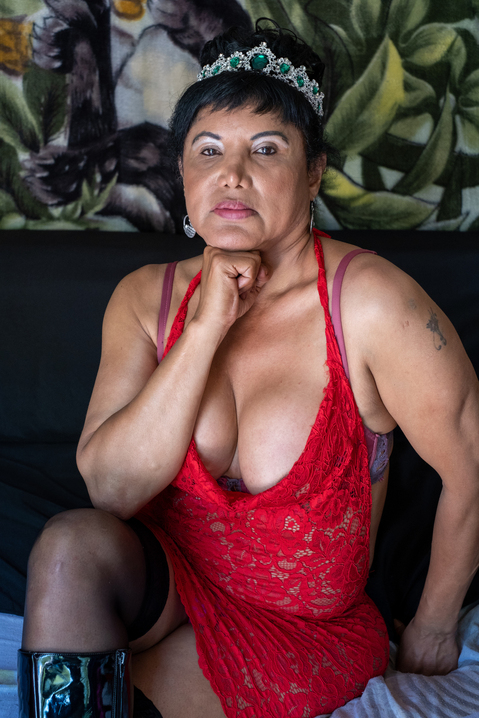
“A lot of people who pass by will judge and criticize, but what do they know about us?”
READ THE STORY
“As a trans person, you have two possible paths: work hard, get exploited, get nothing; or earn money. It’s not that you want to prostitute yourself, it’s that there is no other choice.”
READ THE STORY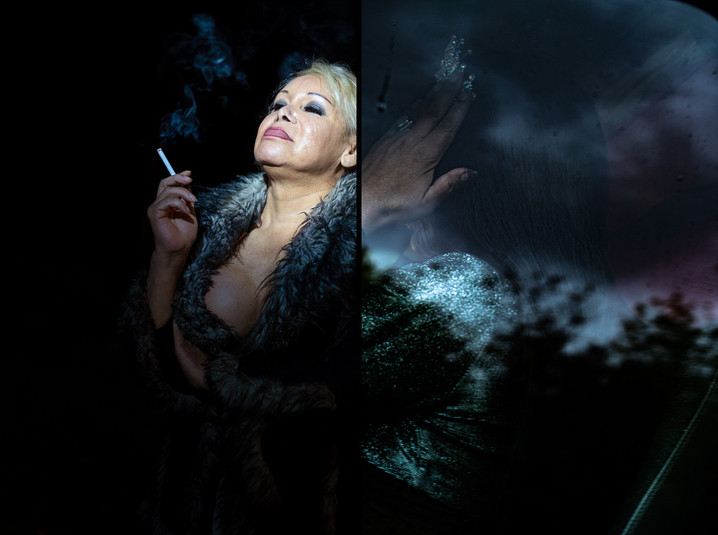
“We have struggled, we have suffered, we have slept in prison, we have been cold, we have been hungry, we have been beaten, insulted.”
READ THE STORY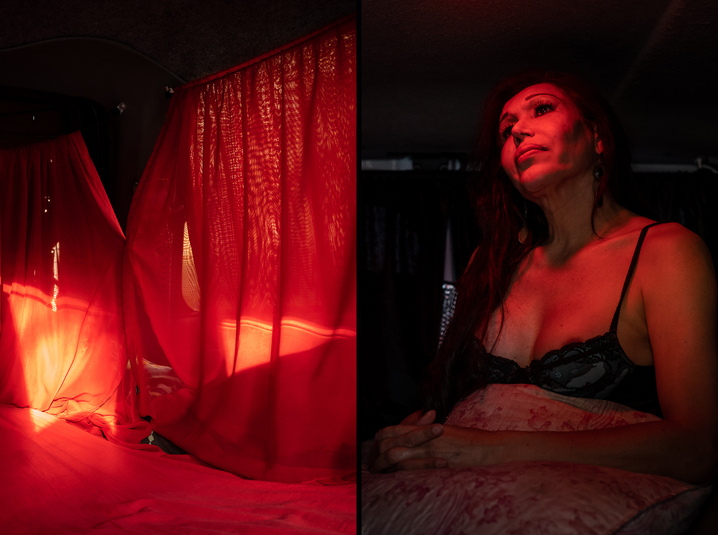
“They all told me that they would call me back… but I knew they wouldn’t.”
READ THE STORY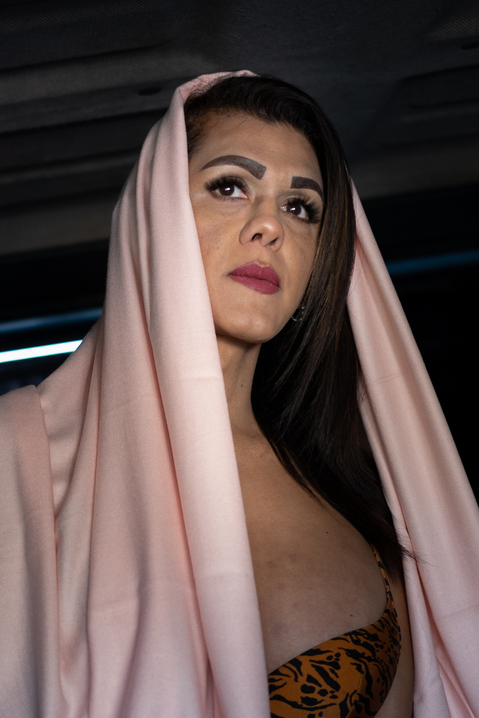
“People often wonder why I didn’t go back to my country: It’s too painful to return home with nothing”
READ THE STORY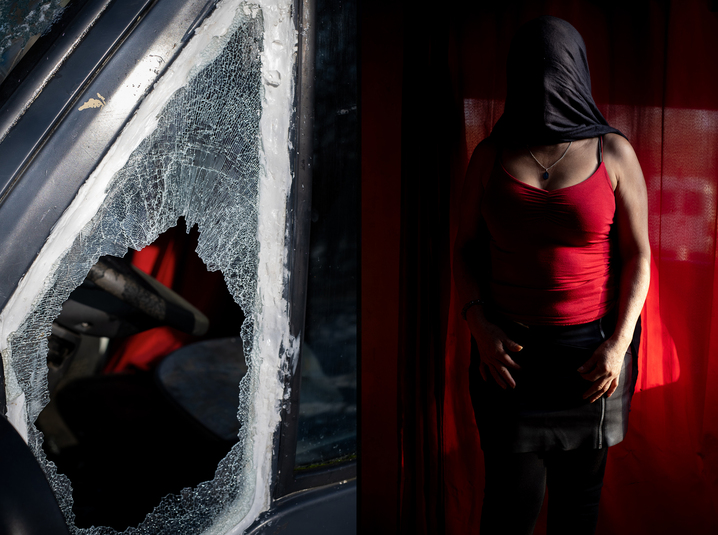
“We are 100% discriminated.”
READ THE STORY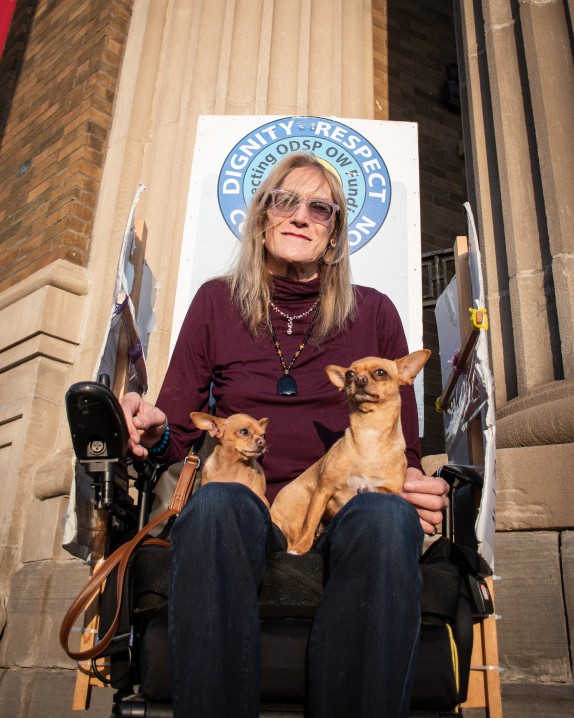
“I knew since age 12 that I should have been born female and I finally got became one at age 59.”
READ THE STORY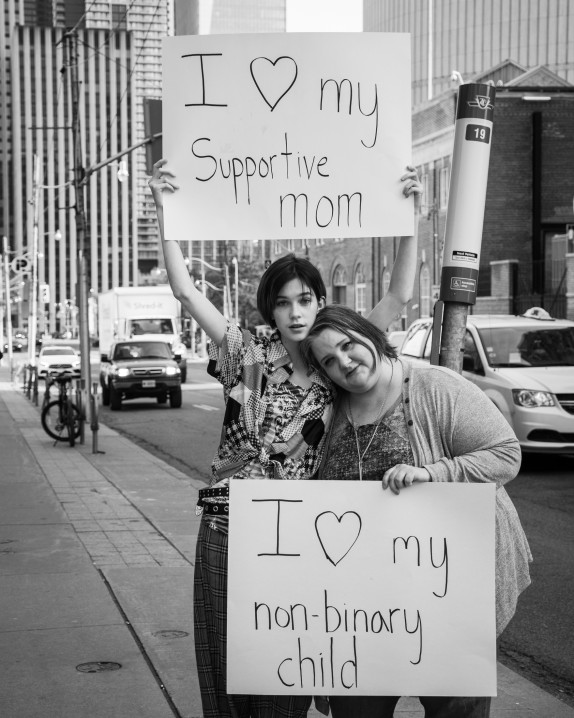
“My parental ‘hurdle’ to overcome was the feelings and internal biases regarding the perception of the process indicative of gender discovery.”
READ THE STORY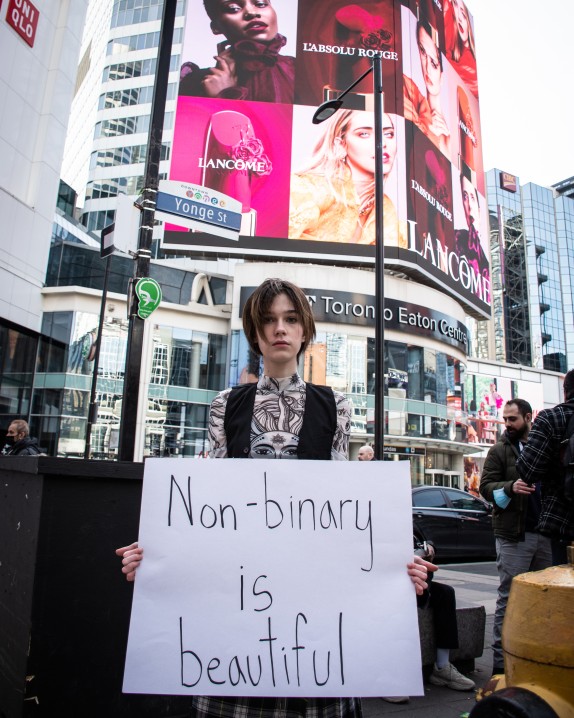
“My wish is that one day Queer kids can share similar stories to mine and that our journeys become a normalized part of society.”
READ THE STORY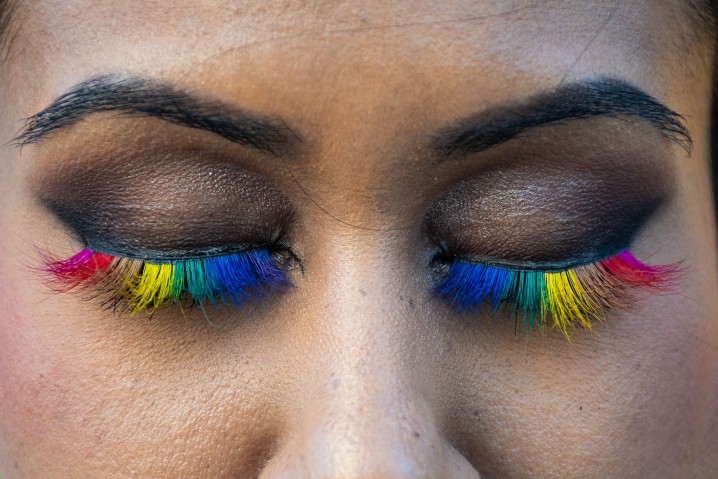
“I celebrate the beauty of human beings through my work, honoring every individual’s uniqueness and spirit. I use makeup artistry and hair styling as a vehicle for spiritual expression and freedom.”
READ THE STORY